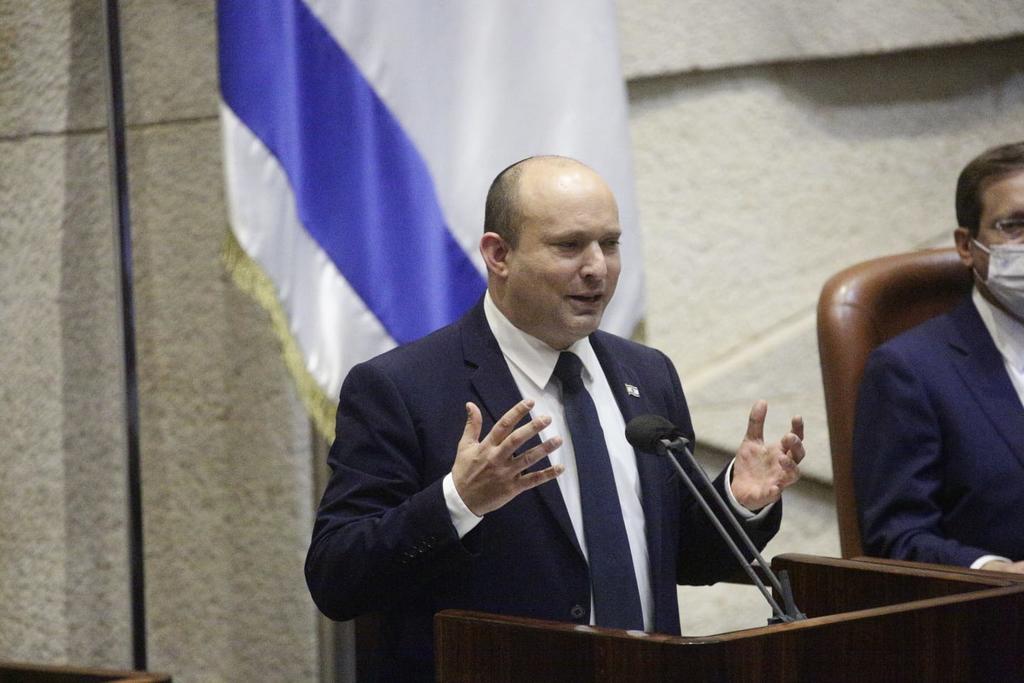Jerusalem, 31 March, 2022 (TPS) — Prime Minister Naftali Bennett convened the Ministerial Committee on National Security Affairs on Wednesday night following three terror attacks in Israel in a week’s time that left 11 victims dead and some 20 wounded.
Minister of Finance Avigdor Liberman, who is obligated by law to participate in the meeting, failed to do so. He attended a conference in London instead. Several other ministers who are currently abroad joined via secure lines.
Bennett emphasized that “the primary mission for those present at the discussion is to prevent additional terrorist attacks and strengthen security and the sense of security among the public.”
The Security Cabinet called for increasing the presence of security forces and reinforcing units in the field, particularly at points of friction, reinforcing units along the border line, and advancing a plan to rebuild the security barrier.
Furthermore, the Cabinet ordered extensive counter-terror operations, “especially initiated operations,” among those promoting and identifying with the Islamic State (ISIS) terror organization. The terrorist who carried out the attack in Be’er Sheva last week and murdered four Israelis, and the two Islamist terrorists who carried out the attack in Hadera on Sunday night and murdered another two, were ISIS sympathizers. The police have since arrested several ISIS supporters in the north and Bedouins in the Negev area.
The Cabinet also ordered the “strengthening of deterrence and underscoring the losses to be incurred by those closest to the terrorist carrying out the attacks.” Accordingly, it was decided to revoke work permits among those in the close circle of the terrorists and to move quickly on the demolition of homes. These measures are not new. The demolition of homes is usually blocked or is presented with significant hindrance by the High Court of Justice.
The IDF has already deployed 14 combat battalions, including Special Forces. In addition, intelligence and collection capabilities were enhanced.
The IDF also deployed 15 companies from special units in training to assist the police, some of which will assist in the protection of the border area and some will be deployed in cities, in accordance with the Israel Police decision.
Polls published on Wednesday showed that the public does not feel safe on the streets and has no confidence in Bennett’s ability to contend with the situations.
Security tensions in Israel are high, after a series of terror attacks in the Jerusalem area, the murder of four Israelis in Be’er Sheva, the murder of another two in Hadera by Islamist terrorists, and the latest attack in Bnei Brak which left five dead, and ahead of the Muslim month of Ramadan, which usually spells an uptick in Muslim violence and acts of terrorism in Israel.
The country’s security establishment is bracing for violence, especially as Ramadan coincides with Passover, and following the first anniversary of Operation Guardian of the Walls in May 2021, which was launched by the IDF following a Hamas rocket attack on Jerusalem that began at the height of the Month of Ramadan.
